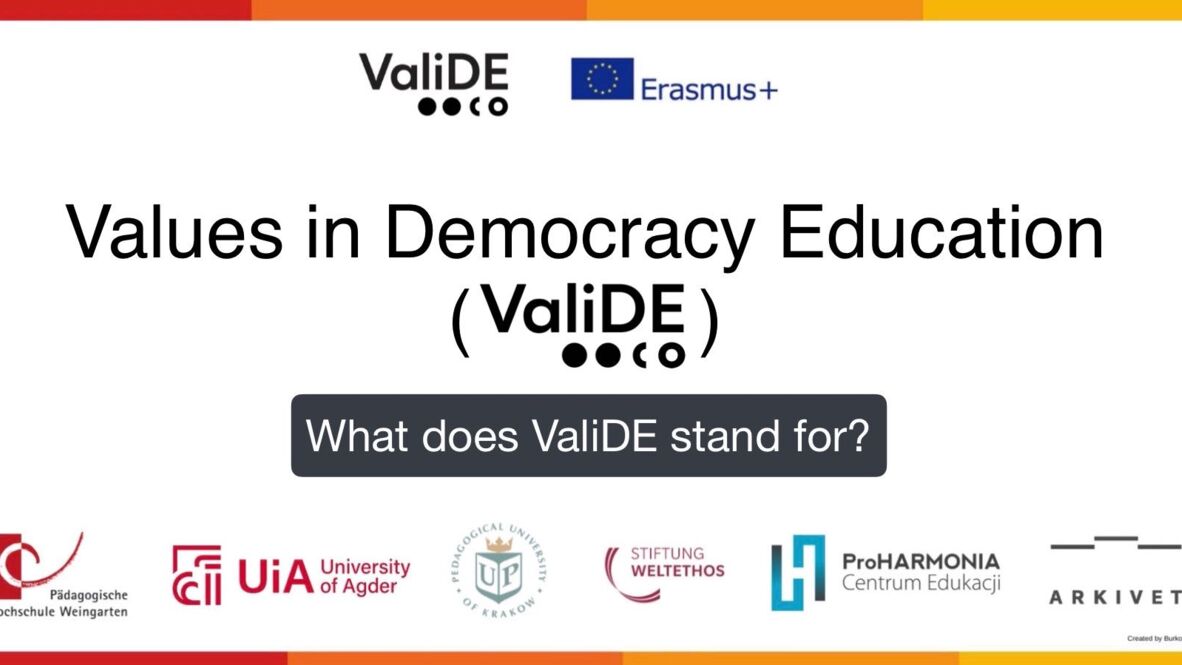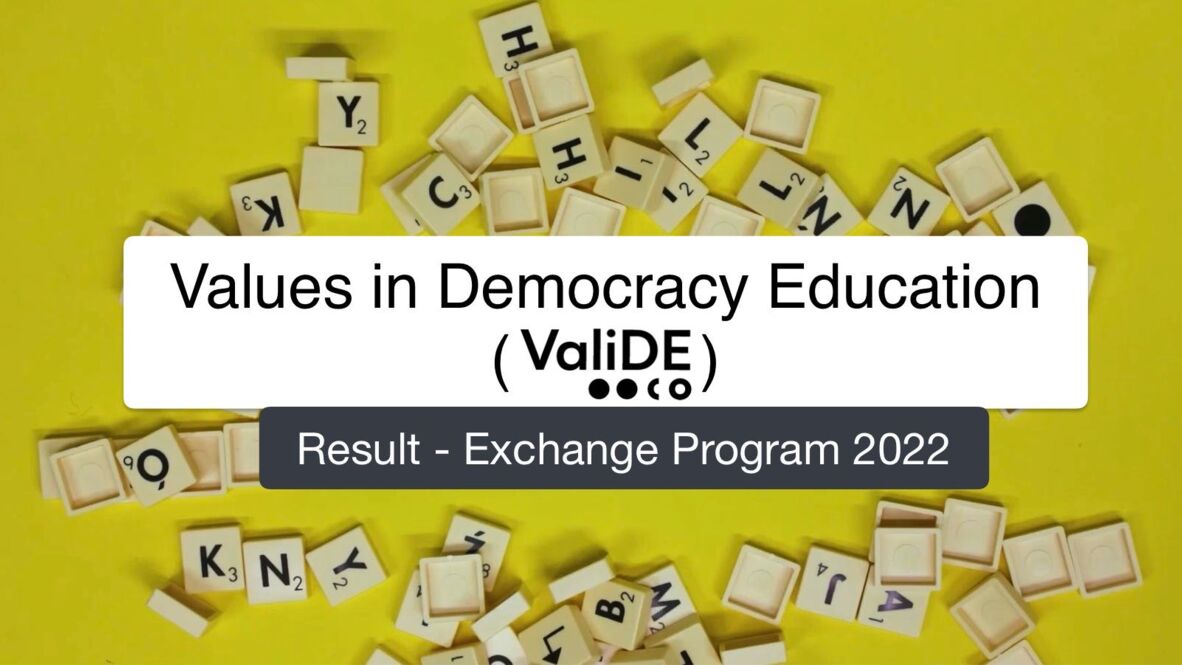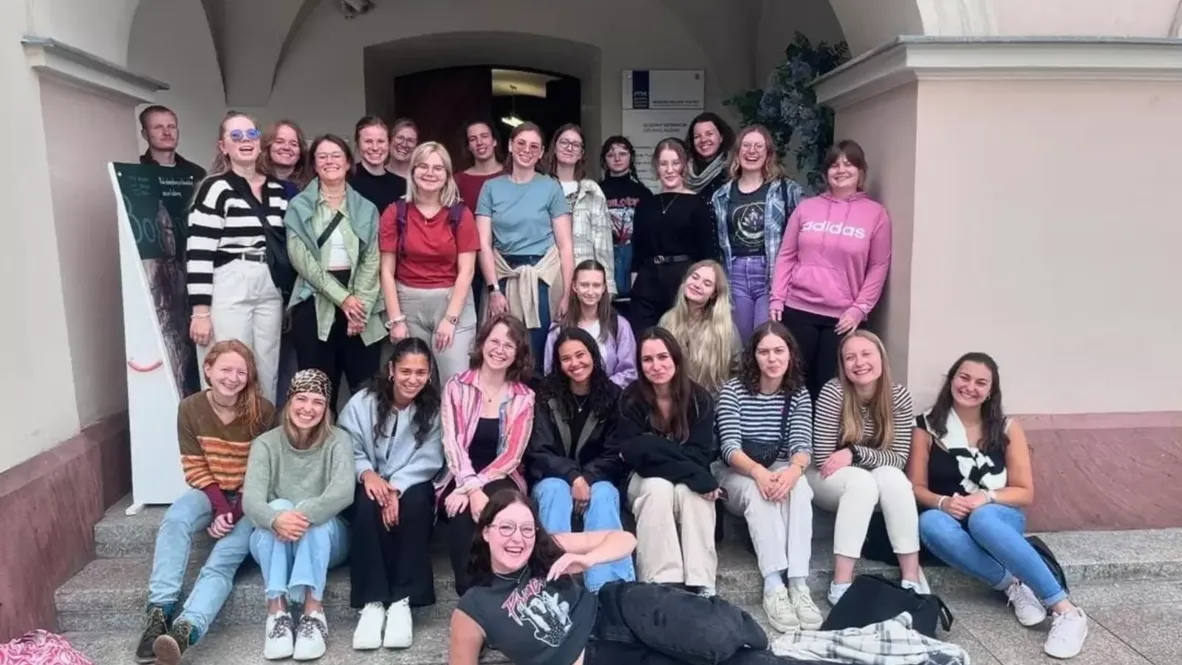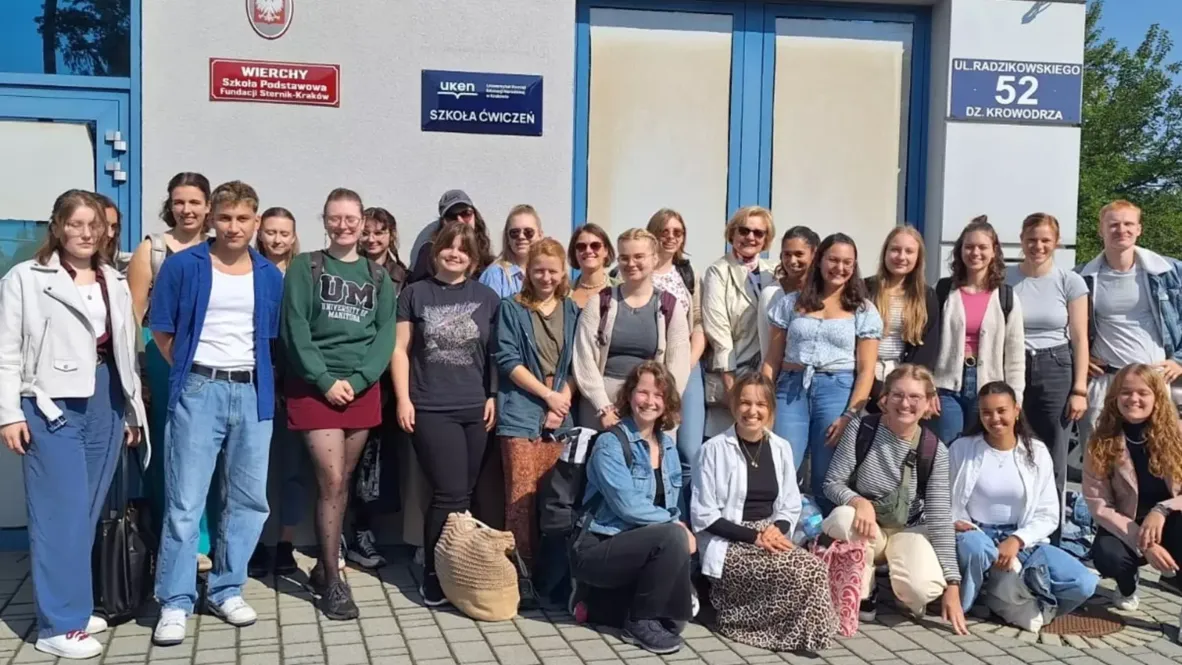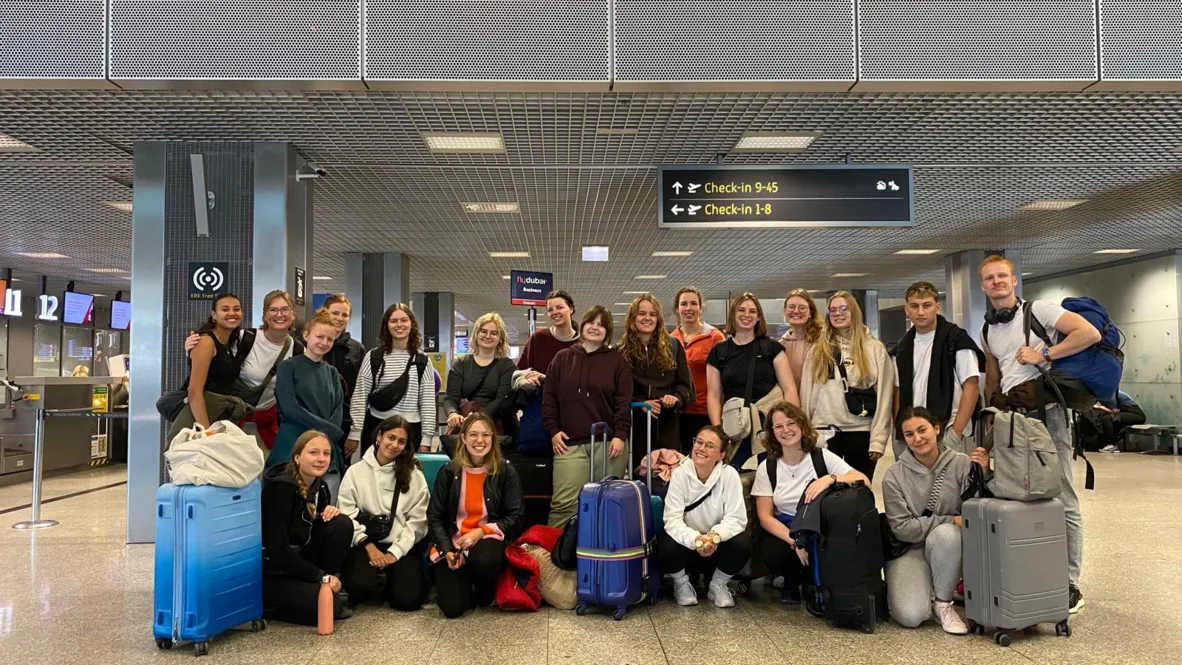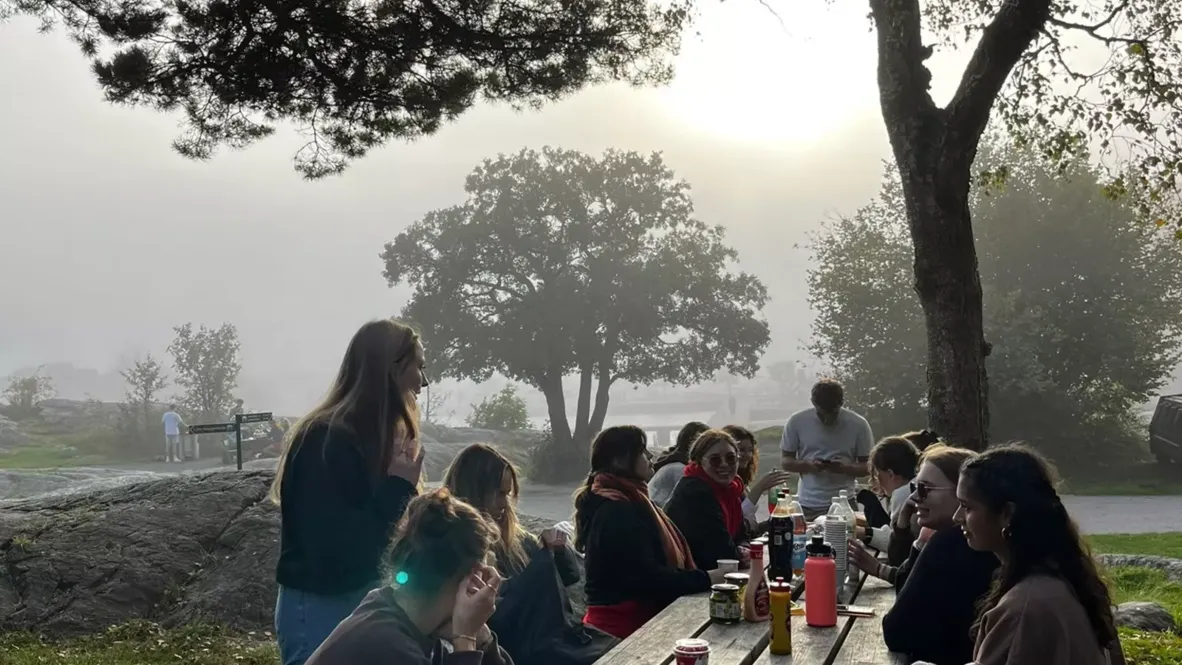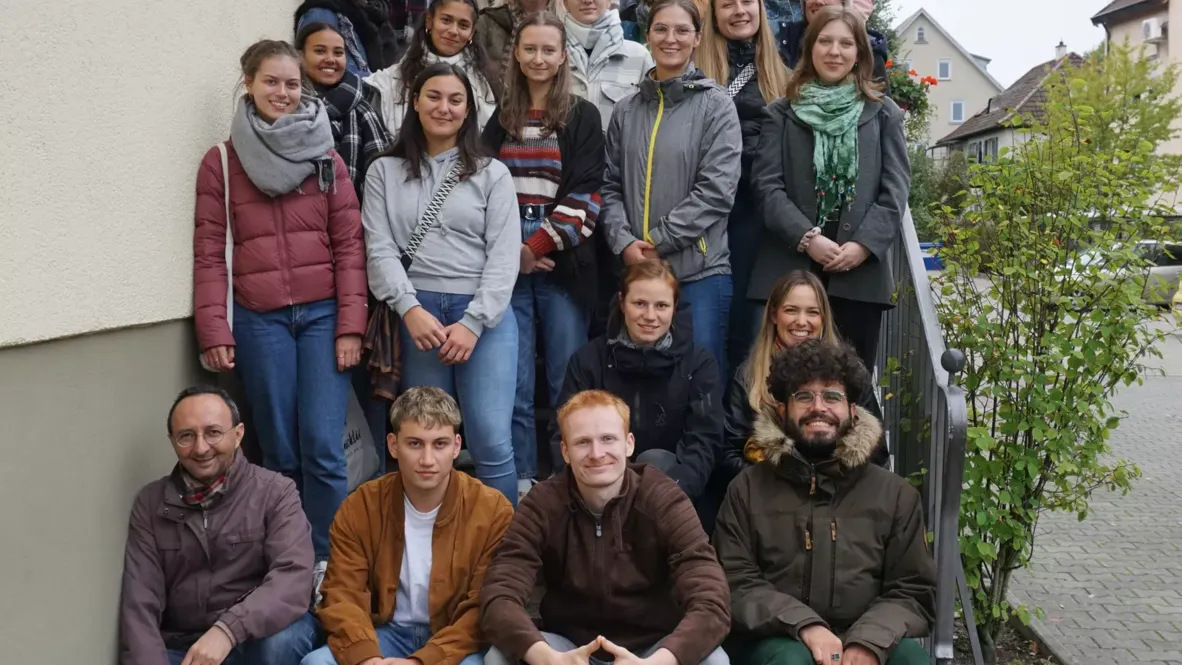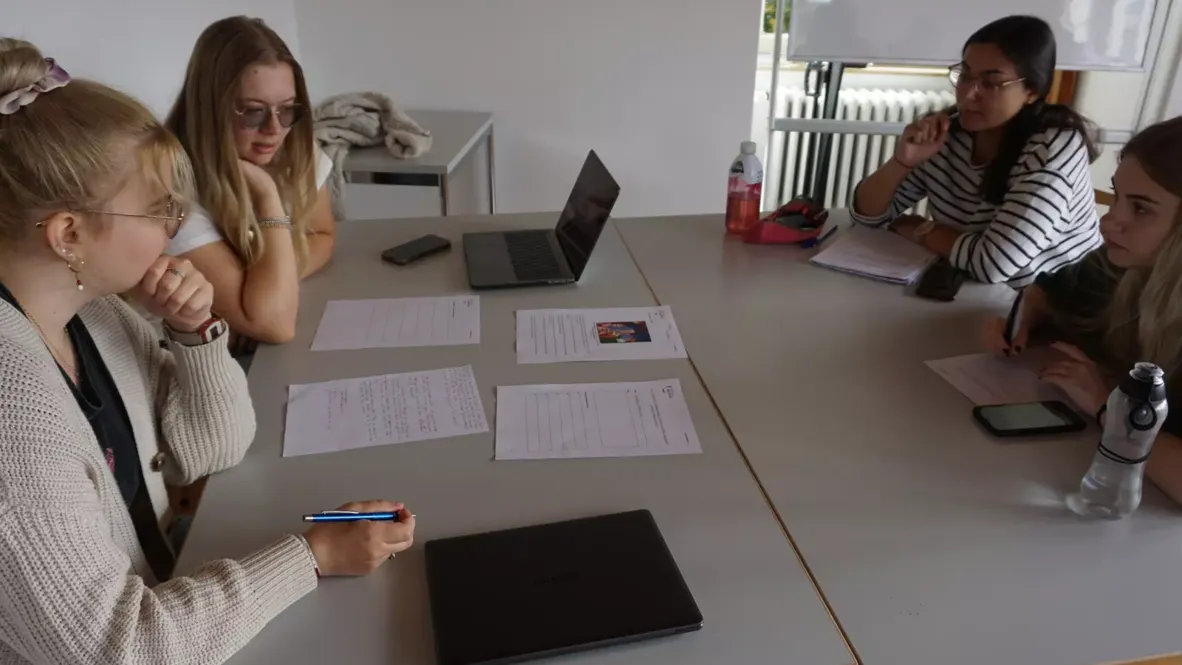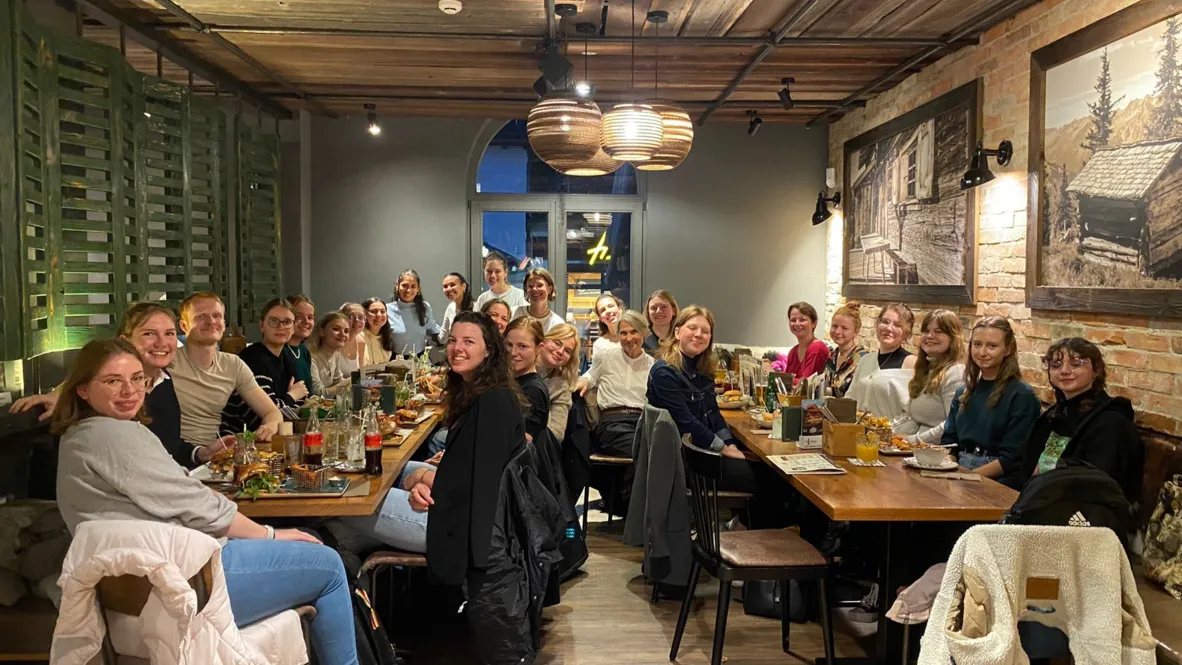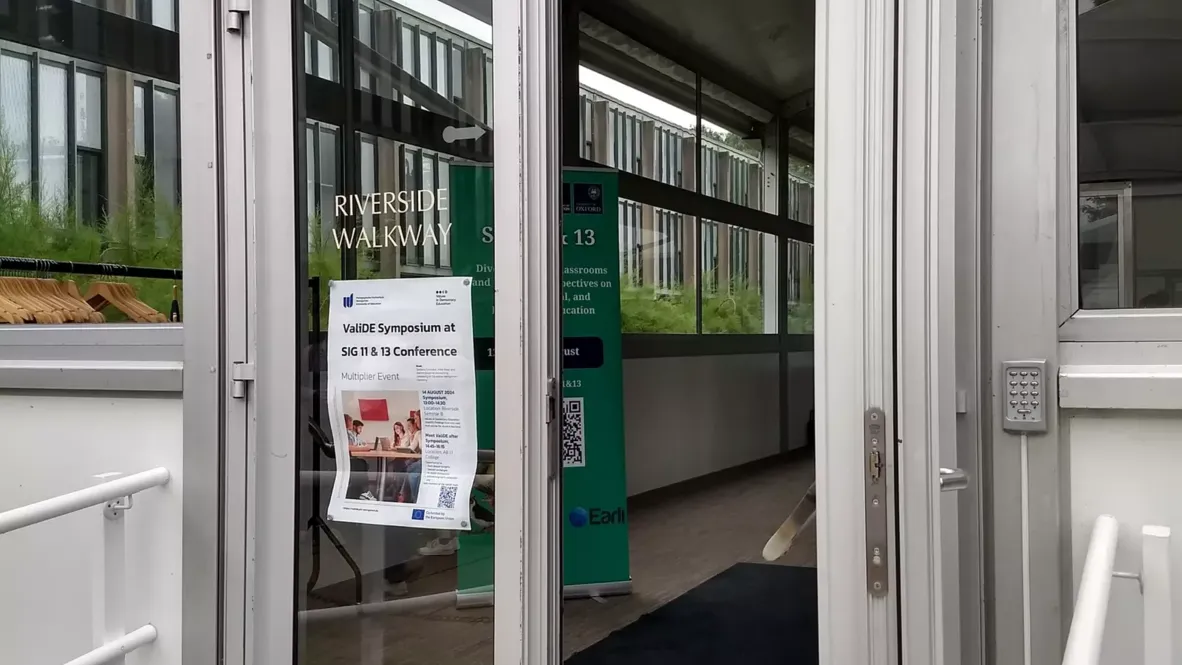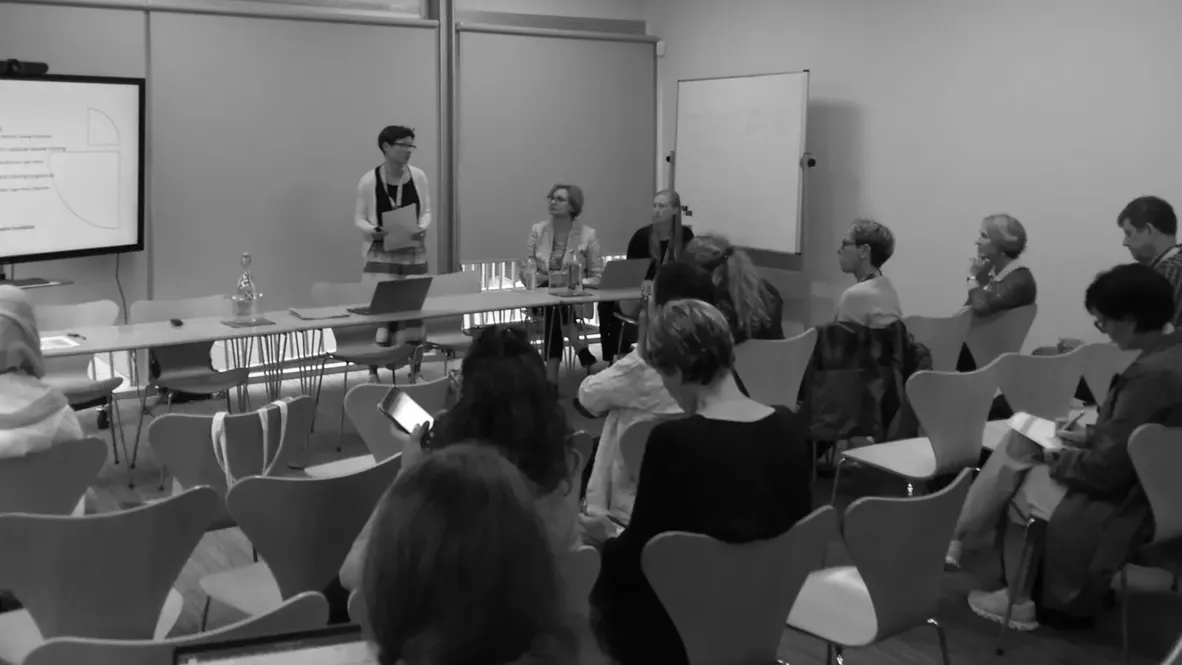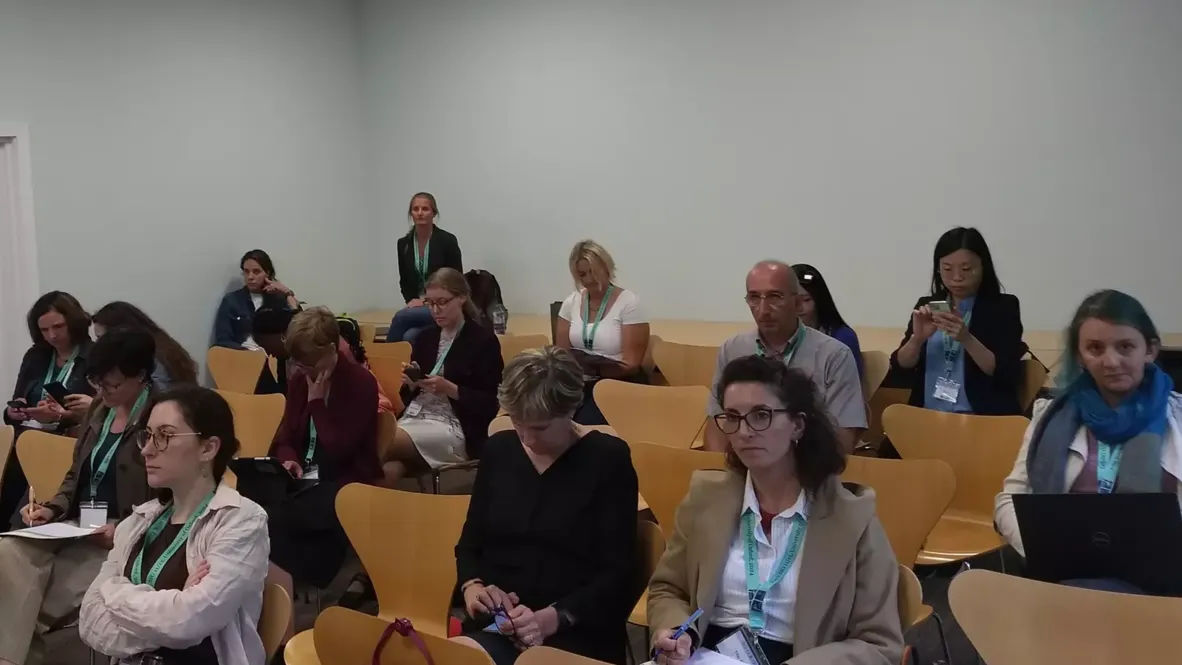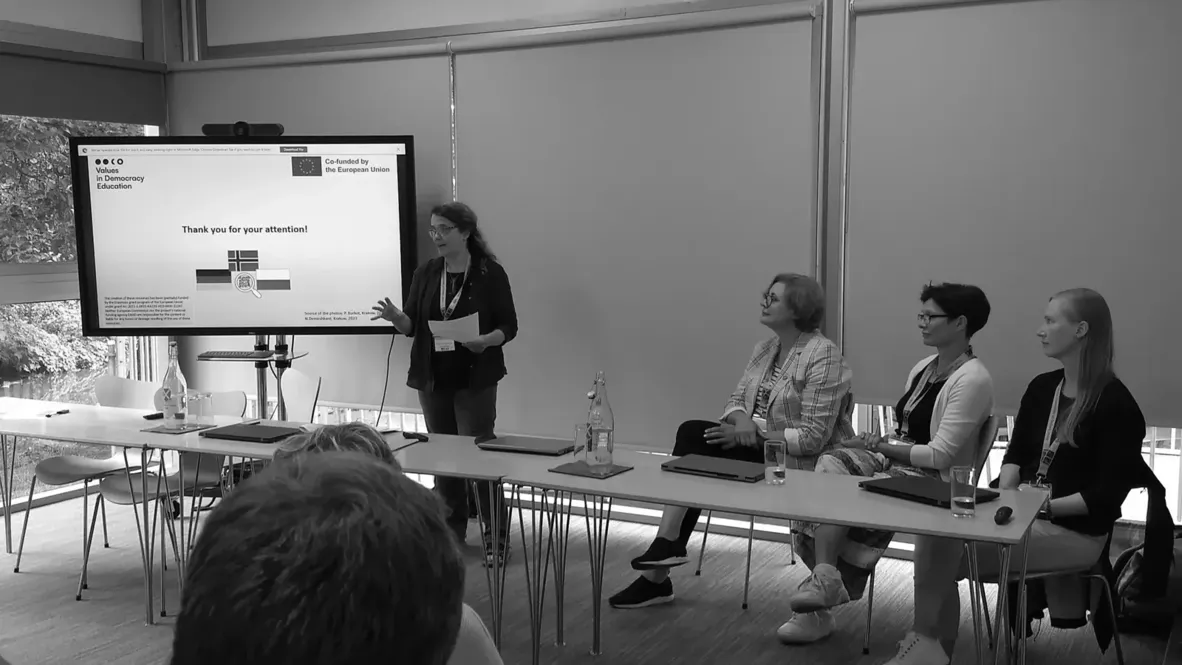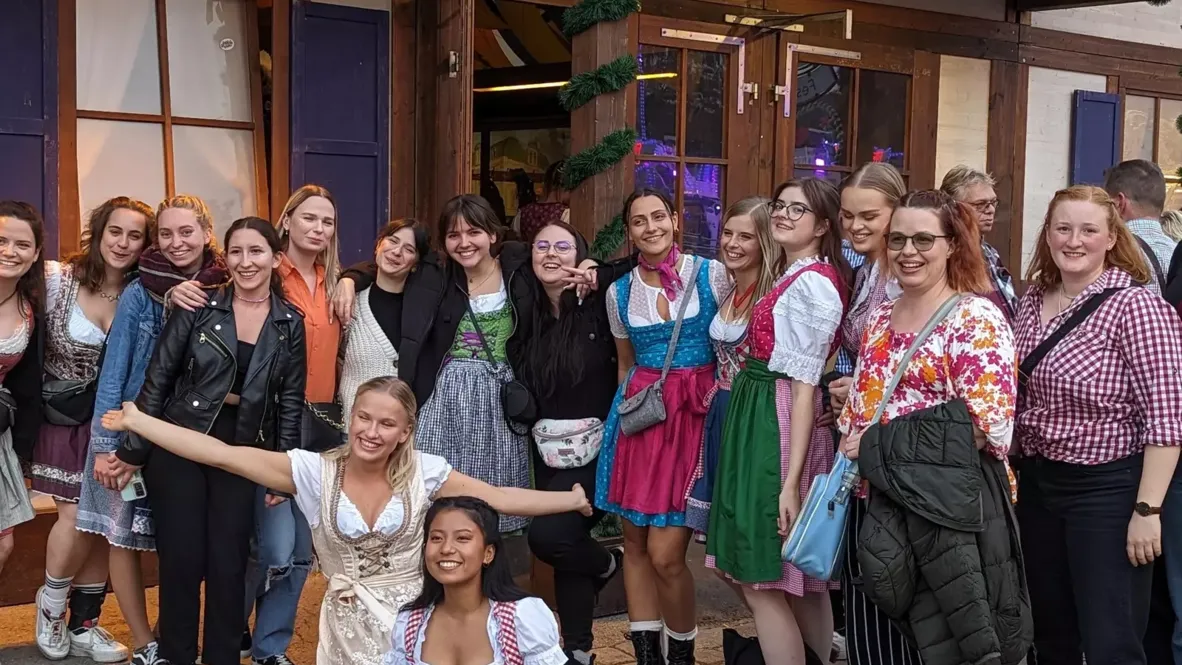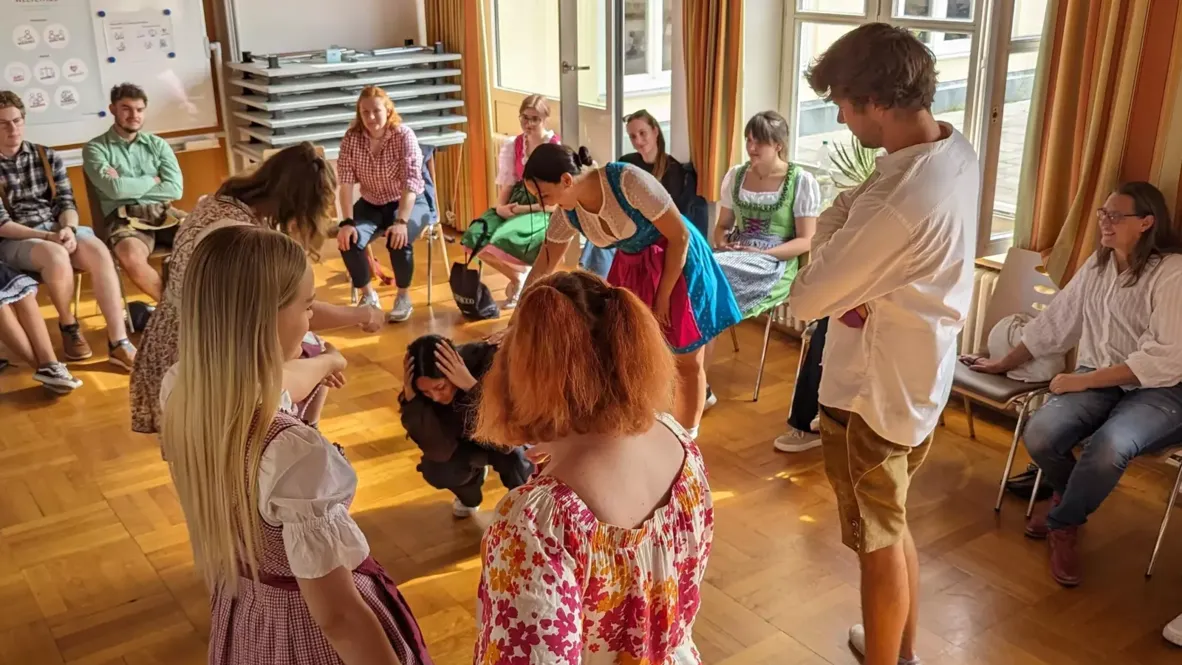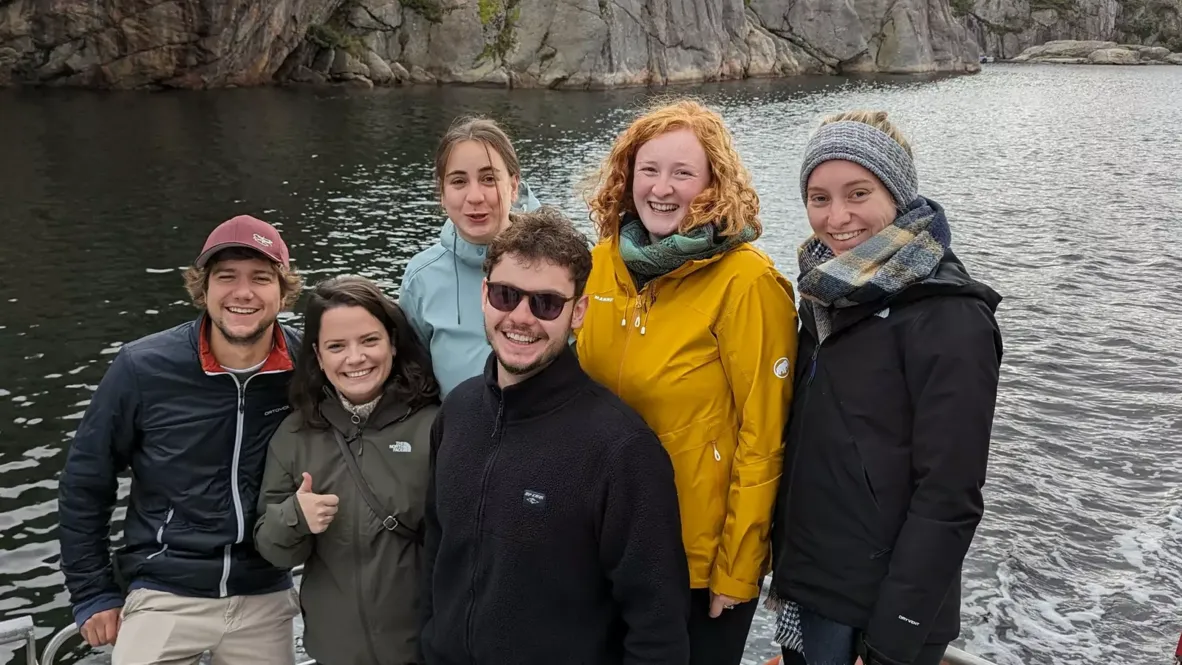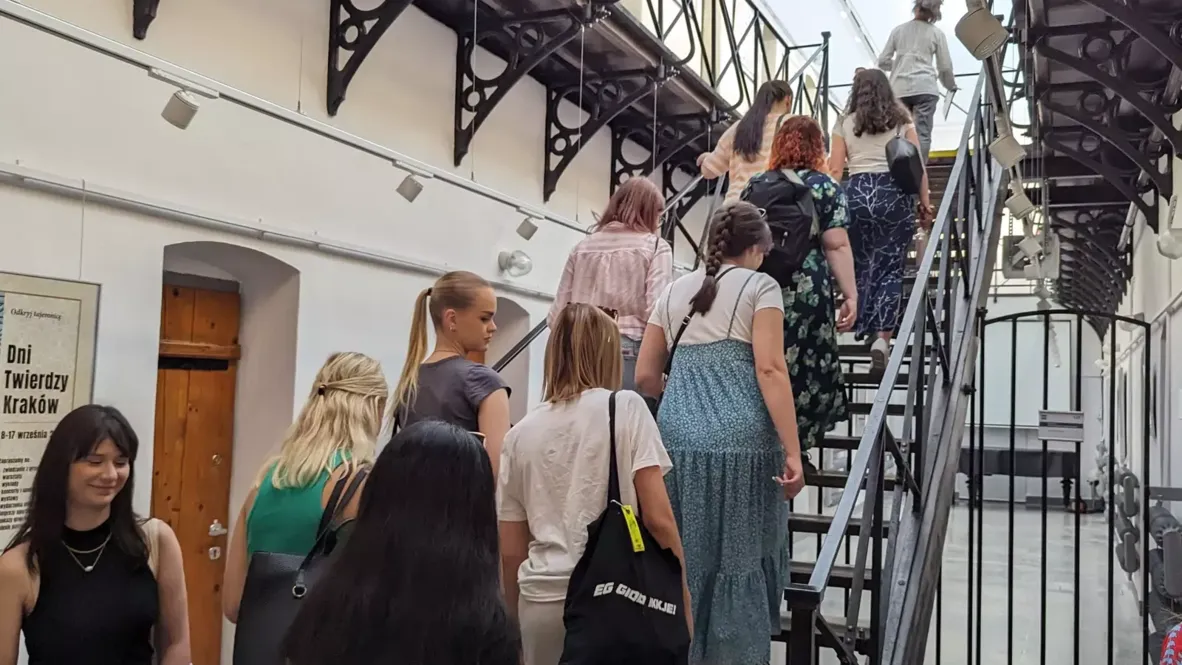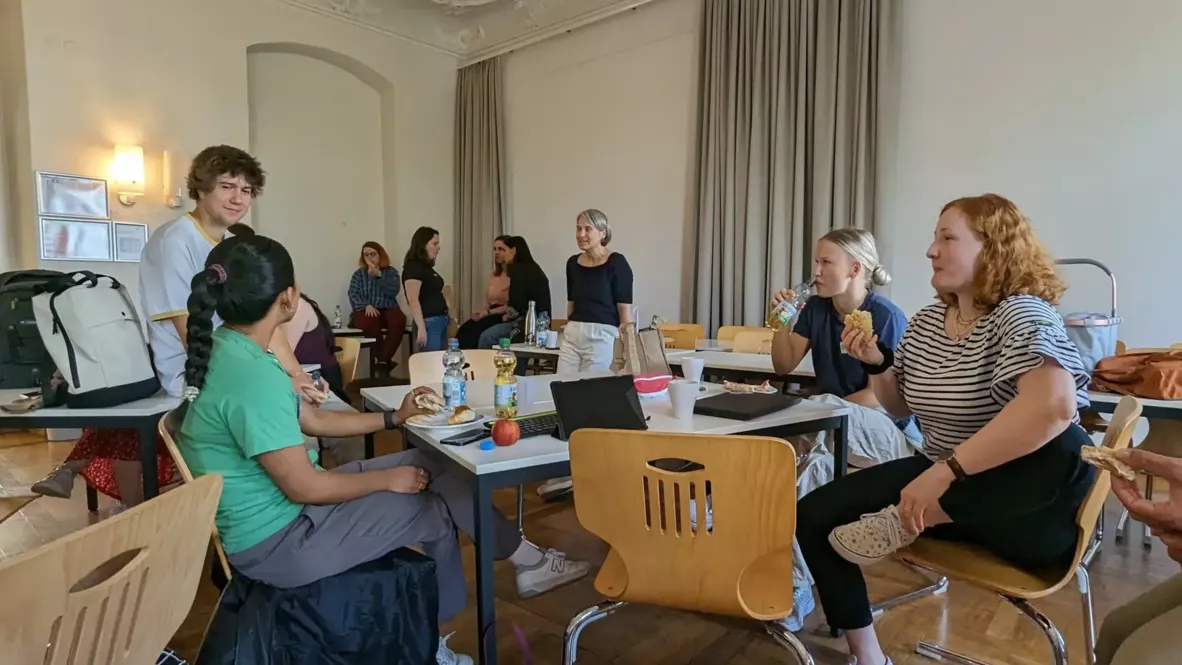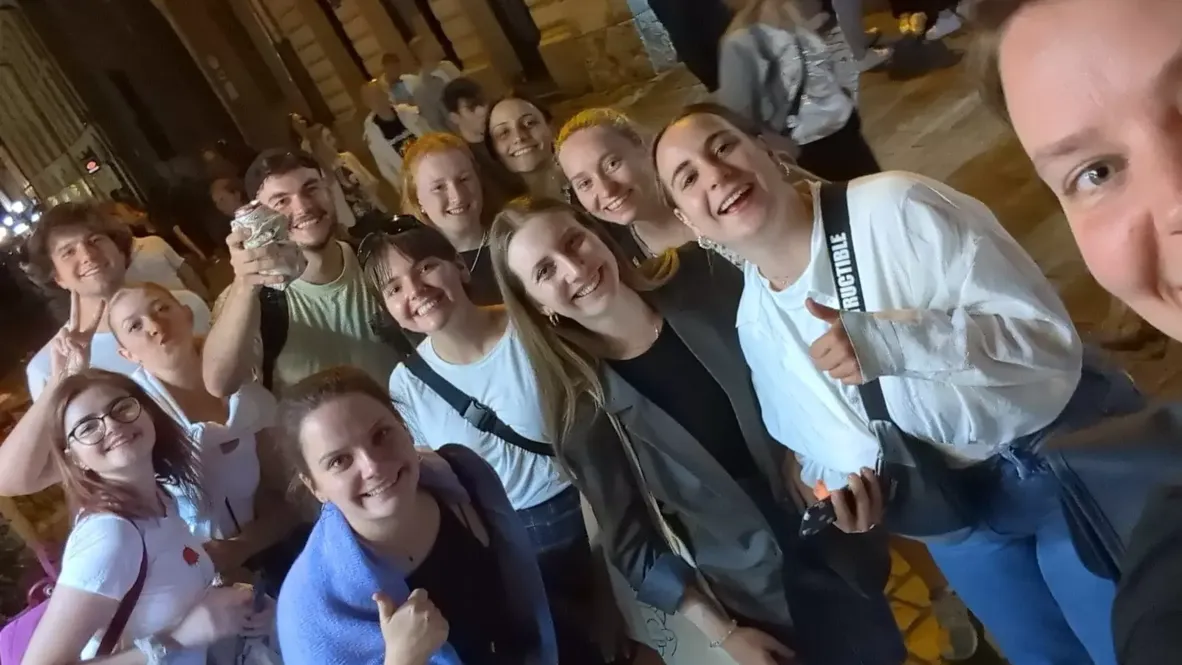Project Period is Over!
The project period is over. Over the past three years, we have traveled a long way together and developed and tested a list of criteria for the students' teaching materials, a study course with its focus on a three-week exchange program and an evaluation tool. Together with the participants in the exchange program, we have developed teaching materials for Values in Democracy Education and discussed them with teachers from the field and gathered feedback. Two scientific articles have been submitted to journals, so we are just waiting for their publication. It was a very intensive time, for which we would like to thank everyone involved.
Our results are currently only available here on the website, but will soon (after the quality check) also be available in ZOERR and via SESAM.
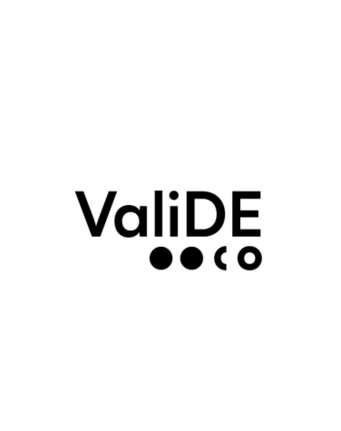
Impressions Student exchange 2024
Teamwork. Endurance. Friendship. Impressions of the ValiDE student exchange 2024
Teamwork. Endurance. Friendship. Three words that perfectly describe our experience with the ValiDE exchange program with students from Poland, Norway and Germany. This program was an incredible opportunity to collaborate with students from abroad and an enriching experience that will have a lasting impression.
As a group of students we visited our countries for one week each. A big part of the incurred costs was covered, so the exchange did not respresent a financial burden for the sudents. From the very beginning in Poland, the team-building activities helped us break down barriers and establish a sense of trust and cohesion. Although we had different cultural backgrounds and different levels of English language skills, the communication wasn’t a problem at all. Democratic principles and values united us and we could learn from each other’s perspectives and ideas. The goal oft the exchange was to gather ideas for value-based education and create teaching and learning materials. Therefore, we had time to work in our groups and elaborate our material on a specific value. Exploring historical sites, simply walking around the cities or listening to several presentations for example about school systems – the project offered many opportunities to develop our own idea of democracy and values.
But it wasn’t only about group work, excursions and discussions. We also enjoyed several social activities like morning swims and BBQ in Norway, having dinner all together in restaurants in Poland or a karaoke evening in Germany. This allowed us to connect on a personal level, sharing stories and traditions and building friendships. And although it wasn’t always easy to travel and work in a large group of students, we were able to handle difficult situations as a team.
The VALIDE program was an opportunity to learn and exchange ideas on how to participate in a democratic society, and it was an unique experience for all.
Text: Ronja Kreidler, University of Education Weingarten
Multiplier Event in Bad Boll (Germany)
Teaching scenarios and materials for value education at Global Ethic Foundation
As part of the ERASMUS+ project “Values in Democracy Education”, the multiplier event took place in Bad Boll on November 21, 2024. Multipliers from the school and education sector, including numerous teachers from Global Ethic schools, were invited to view and further develop the teaching materials developed by international students. In her introduction, Julia Willke informed the participants about the key points of the project on values and democracy education in elementary school. In group work, the participants discussed the new teaching materials and collected the best practice examples for implementation in their own lessons.
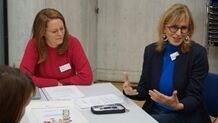
Democratic Values in Education (Multiplier Event)
Scientific Seminar
The ProHarmonia Education Centre proudly presented the outcomes of the ValiDE Project on 20.09.2024 at the recent SCIENCE - EDUCATION - DEMOCRACY conference, organized in cooperation with the Andrzej Frycz Modrzewski Kraków University and the Museum of Intercultural Dialogue, a branch of the National Museum in Kielce. The event served as a dynamic platform for educators, researchers, students, and NGO activists to exchange knowledge and experiences related to democracy education. Over 50 participants attended, engaging with new educational methods, exploring the latest research findings, and discussing the future of democracy education in both formal and non-formal settings. Highlights included insights from the Erasmus+ project “Values in Democracy Education” and an empirical study on developing teacher students’ attitudes.
During the English session, “Democratic Values in Education – Multiplier Event of the ValiDE Project”, representatives from our project showcased key insights from the project:
- Kristin Endresen-Maharaj (University of Agder, Norway) introduced a newly developed study course concept designed to enhance teacher students’ value attitudes and didactic competencies. Her presentation emphasized how targeted educational frameworks can support prospective teachers in more effectively integrating values education into their lesson planning.
- Natalia Demeshkant (University of the National Education Commission, Krakow, Poland) presented innovative teaching materials on values education for primary schools. These resources, incorporating structured lesson plans and digital components, are intended to help teachers seamlessly weave democratic values into their everyday classroom practice.
- Inger Marie Dalehefte (University of Agder, Norway) offered insights into the integration of democratic competencies within German, Polish, and Norwegian school curricula. Her comparative findings shed light on how different educational systems embed core democratic values, providing a deeper understanding of policy-level influences on classroom teaching.
- Magdalena Bryll (ProHarmonia Education Centre, Poland) demonstrated the use of Stop Motion Animation as a creative tool to foster greater student engagement and reflection. By linking artistic expression with democratic principles, her examples underscored the potential of such methods to enrich the learning environment.
- Klaudia Wojciechowska (ProHarmonia Education Centre, Poland) highlighted the Lego® Serious Play® method as a means of building inclusive, participatory, and democratic learning communities. Her contribution illustrated how hands-on, collaborative approaches can transform traditional classroom settings into spaces of shared inquiry and joint problem-solving.
- Stefanie Schnebel (University of Education of Weingarten, Germany) provided an overview of the ValiDE Project’s foundational concepts and empirical findings. She explained how research on teacher students’ value attitudes informs the development of educational interventions, ultimately guiding the implementation of effective democracy education strategies.
The presentations and discussions at the conference draw upon several interconnected project results. Each project result (PR) offers deeper insights into specific aspects of the ValiDE initiative:
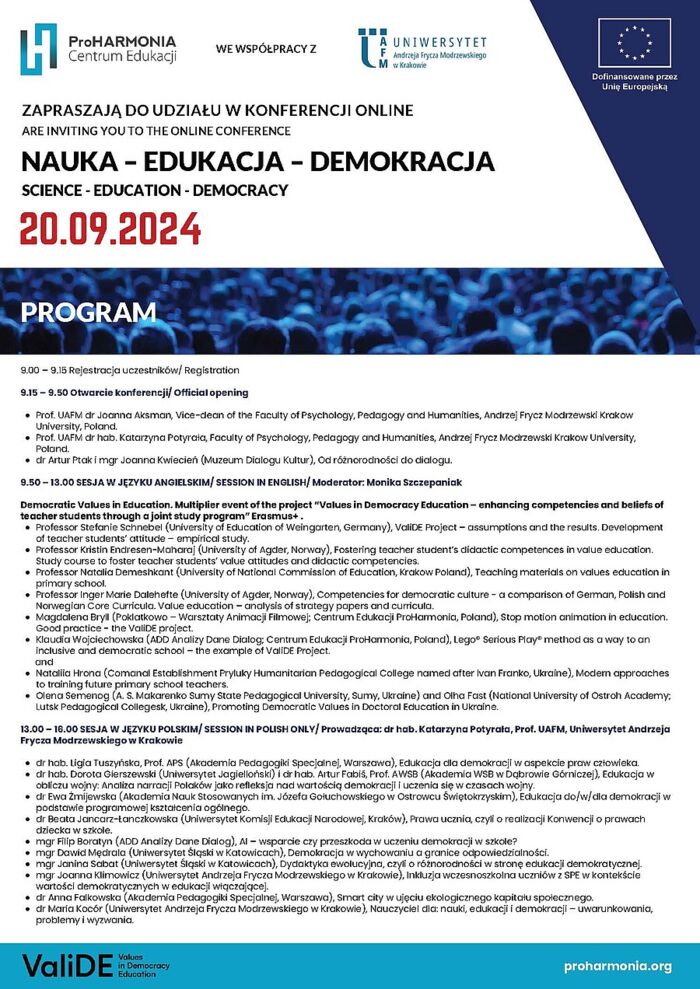
ValiDE at EARLI SIG 11 & 13 Conference (Multiplier Event)
The international conference “Diversity within classrooms and societies: Perspectives on Teacher, Moral, and Democracy Education” took place from August 12 to 14, 2024, at the University of Oxford, UK. It was organized by the Special Interest Groups SIG 11 (Teacher and Teacher Education) and SIG 13 (Democracy and Moral Education) of the European Association for Research on Learning and Instruction (EARLI).
Building on this conference, Prof. Dr. Stefanie Schnebel, Hilke Rapp, and Marion Susanne Visotschnig from the University of Education Weingarten, Germany, organized and hosted a Multiplier Event. The team opened the event on August 14, 2024, with a symposium as part of the two-component program: Symposium and Meet ValiDE. This event not only facilitated academic exchange but also served to disseminate project results to a broad international audience. A particular focus was placed on international collaboration and cultural commonalities and differences in approaches to democratic values. Discussions also explored how these insights could be applied to teacher education.
In the symposium with the title “Values in Democracy Education (ValiDE): Findings from a tri-national course for student teachers,” the project results were presented with support from colleagues in the internationally staffed research group. As Chair, Prof. Dr. Stefanie Schnebel from the University of Education Weingarten, Germany, led the session and guided participants through the presentations and discussions. Prof. Dr. Eveline Gutzwiller-Helfenfinger from the University of Teacher Education Schwyz, Switzerland, served as Discussant. She provided commentary on the results presented and enriched the discussion with her expertise. The symposium allowed participants to gain insights into the methodology, challenges, and outcomes of this innovative project.
The subsequent “Meet ValiDE” event provided participants with a valuable opportunity to further deepen the findings presented during the symposium. It enabled intensive discussions, detailed analyses, and the exchange of ideas for practical application. Particularly noteworthy were:
- Deeper insights: Participants gained more detailed knowledge of the project results.
- Networking: The event offered space for establishing connections and fostering long-term collaborations with members of the ValiDE team.
- Practical inspiration: Discussions sparked ideas on how to sustainably integrate democratic values into teacher education.
The Multiplier Event served not only as a platform for academic exchange but also as a tool for disseminating project results within the international research community. By combining the symposium and “Meet ValiDE,” both theoretical and practice-oriented approaches were introduced and further developed.
We look forward to implementing the insights gained in future projects and further expanding international collaboration.
The "Democracy Week" at UiA (University in Agder)
"Demokratiuka" in Kristiansand is an annual event held in the first week of May, dedicated to debate, development, and strengthening of human rights, freedom of expression, and democracy. This years event, running from 2. May to 8. May 2024, involved a variety of activities including seminars, workshops, meetings, and cultural performances, organised by local, regional, and international partners.
Organised by local groups like the University of Agder, ARKIVET Peace and Human Rights Center, and the Kilden Performing Arts Center, Demokratiuka aims to make Kristiansand a central place for these important discussions. One of the highlights is the European Conference on Democracy and Human Rights on 6. May. This conference covered current issues, including the war in Ukraine, the Middle East conflict, and new European rules on artificial intelligence and human rights.
Another highlight was presentations on democratic subjects provided by associates of the ValiDE project at UiA. ValiDE focuses on promoting democratic values and critical thinking among teachers, preparing them to foster such values in their classrooms. The ValiDE project is a cooperation between the University of Education Weingarten, Pedagogical University Krakow and UiA. Additionally, the KRS European Youth Forum took place on 4-5. May. This event is designed by and for youth, providing a platform for young people to discuss important issues related to democracy and human rights, and to create actionable documents for policymakers.
The European Conference on Democracy and Human Rights took place in Kristiansand on May 6, 2024, as the centerpiece of Democracy Week. This year's theme was "Sustain and Defend Democracy and Human Rights in Europe 2024." The main goal of Demokratiuka is to make Kristiansand a center for democratic debate and development. By involving different sectors of society, the event seeks to strengthen democratic values, human rights, and freedom of expression. The diverse range of activities and the involvement of multiple partners solidifies the commitment to creating an inclusive and engaging environment for all.
The University of Education Weingarten introduces a new Corporate Design with Dual-Color Logo
The University of Education Weingarten has introduced a new corporate design, opening a new chapter in its visual identity. The university's new logo, available in red and blue, represents a significant step forward in aligning its appearance with its mission and values.
The choice of colors is both strategic and symbolic. The red logo is used throughout the university's communications. The blue logo, on the other hand, is specifically reserved for use in the context of research. By using the blue logo for research-related activities and materials, the University of Education Weingarten aims to increase its visibility within the academic community and highlight its commitment to scholarly excellence.
The new logo and the name do not alter the core of our project. We pursue our project goals despite external changes.

PUK - new official name!
October 1, 2023
The Pedagogical University of Krakow has been officially renamed the University of National Education Commission, Krakow (PUK). This renaming signifies the university's dedication to continuously evolve and adapt in order to meet the changing educational needs and expectations of its community. The university has also announced that a new logo will be introduced soon.
VailDE exchange report 2023
The three-week ValiDE student exchange between the University of Education Weingarten (Germany), the University of Agder/Kristiansand (Norway) and the University of the Commission for National Education in Krakow (Poland) took place from the end of September to the beginning of October. The group of students visited each other for a week at each location, where international encounters, an examination of their own values and insights into schools in the respective countries took place and joint teaching material on the subject of democracy values education was created.
The exchange began in Kielce, Poland, where the students got to know each other in team-building workshops and by visiting intercultural locations, where they were able to discuss their personal values. During a visit to the Schindler Museum, the students explored our history and social values in an impressive workshop. The school visit also impressed the students due to the pupils' commitment to getting involved in shaping everyday school life.
In Norway, the participants not only got to grips with the Norwegian school system, but also saw for themselves how democracy education and values education are implemented during an interesting school visit. A workshop by the NGO Arkivet on the topic of human rights and peace also offered inspiring insights into our history and the underlying values.
Finally, stimulating interreligious workshops were offered in Germany, such as a visit to a mosque or a discussion on interreligious learning. They also gained an inspiring insight into the practical implementation of democratic educational principles for their own teaching profession during a visit to a Global Ethics School in Tübingen.
The ValiDE project is not only an exchange program, but an opportunity to expand one's own cultural boundaries, to deal with relevant topics of our time and to become part of a community that wants to shape a better world through democracy education and values education. This exchange not only expands knowledge, but also leads to new friendships.
Impressions and Results of the ValiDE exchange 2022
March 1, 2023
We present initial impressions of the 2022 exchange and a second video (which serves as project result), produced during the exchange, on the PH Weingarten YouTube channel.
